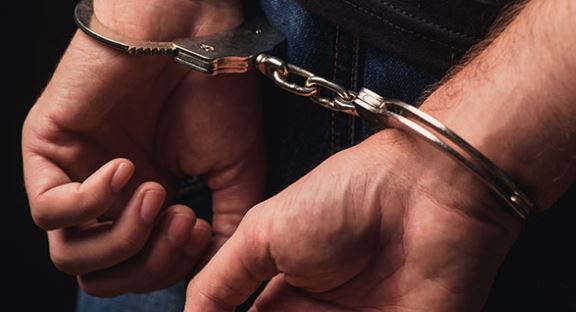What Does a Criminal Defense Attorney Do?
The rule of law is a cornerstone of modern society, ensuring justice for all. However, when individuals face criminal accusations, the role of a criminal defense attorney becomes paramount. With legal representation, the accused may be protected from being stripped of their rights and devoid of hope for fairness.
Acting as a bridge between the accused and the prosecution, a criminal defense attorney plays a pivotal role. While prosecutors pursue the defendant, defense attorneys serve as knowledgeable advocates for their clients, safeguarding their rights within the confines of the law.
The significance of criminal defense lawyer, exemplified by law firms, cannot be overstated in upholding the integrity of the legal system.
Here are a few major things that a criminal defense attorney does:
Accepting Cases
Private defense attorneys can accept or decline cases based on various factors. This decision may hinge on the defendant's financial situation, the viability of winning the case, or the presence of conflicts of interest.
In contrast, public defenders employed by governmental entities are assigned cases based on defendants' right to legal representation, irrespective of their ability to pay. Public defenders typically handle a wide array of cases, seldom turning down assignments due to the nature of the charges.
Understanding the Case
Effective defense hinges on a thorough understanding of the case. Defense attorneys engage in extensive discussions with their clients to gather crucial information regarding the charges, the client's actions, and potential mitigating factors.
By meticulously preparing their defense strategy, attorneys aim to avoid surprises during the trial, ensuring they are adequately equipped to counter prosecution arguments. Failure to disclose pertinent details can significantly undermine the defense's effectiveness.
Investigation and Analysis
Beyond initial client consultations, defense attorneys go through rigorous investigation and analysis to bolster their defense. This may involve scrutinizing witness testimonies, assessing law enforcement procedures, and examining prosecution evidence.
Through legal discovery, defense teams gain insight into the prosecution's case, enabling them to challenge the validity of evidence and identify inconsistencies. Expert witnesses may be enlisted to provide specialized insights or refute prosecution claims, shaping the defense's narrative.
Negotiating Plea Deals
In certain circumstances, opting for a plea bargain may benefit the defendant. Prosecutors and defense attorneys may negotiate plea agreements to avoid protracted legal proceedings or mitigate potential consequences.
By weighing the risks of trial against the potential benefits of a plea deal, defense attorneys strive to secure the most favorable outcome for their clients. This may entail reducing potential sentences or minimizing the impact of convictions.
Jury Selection and Trial
During trial preparations, defense attorneys play a crucial role in jury selection, aiming to assemble a fair and impartial panel. Throughout the trial, their focus shifts to challenging the prosecution's case through rigorous cross-examination and presentation of defense evidence.
Vigilantly safeguarding their clients' rights, defense attorneys scrutinize prosecution tactics and objections, advocating for a fair trial. It is imperative to remember that the burden of proof rests with the prosecution, not the defendant.
Navigating Sentencing
In the event of a guilty verdict, defense attorneys continue to advocate for their clients during the sentencing phase. Collaborating with prosecutors and presenting mitigating factors, they strive to secure leniency in sentencing.
Maintaining Communication
Effective communication between defense attorneys and clients is paramount throughout the legal proceedings. Attorneys must inform clients of developments, including plea offers and trial outcomes, to ensure their active participation and peace of mind.
Despite the challenges of heavy caseloads, defense attorneys prioritize client communication, recognizing its pivotal role in providing support and guidance during tumultuous times.
Conclusion
In conclusion, the role of a criminal defense attorney like Eric Thole is indispensable in safeguarding the rights and ensuring fair treatment for individuals accused of crimes. Whether navigating complex legal proceedings, negotiating plea deals, or advocating for clients in court, defense attorneys serve as staunch advocates for justice. As we acknowledge the pivotal role of defense attorneys, we must also recognize the importance of effective communication and collaboration between attorneys and clients, ensuring transparency and support throughout the legal journey. We reinforce the foundation of a just and equitable society by valuing and upholding the principles of due process and legal representation.




Comments
Post a Comment